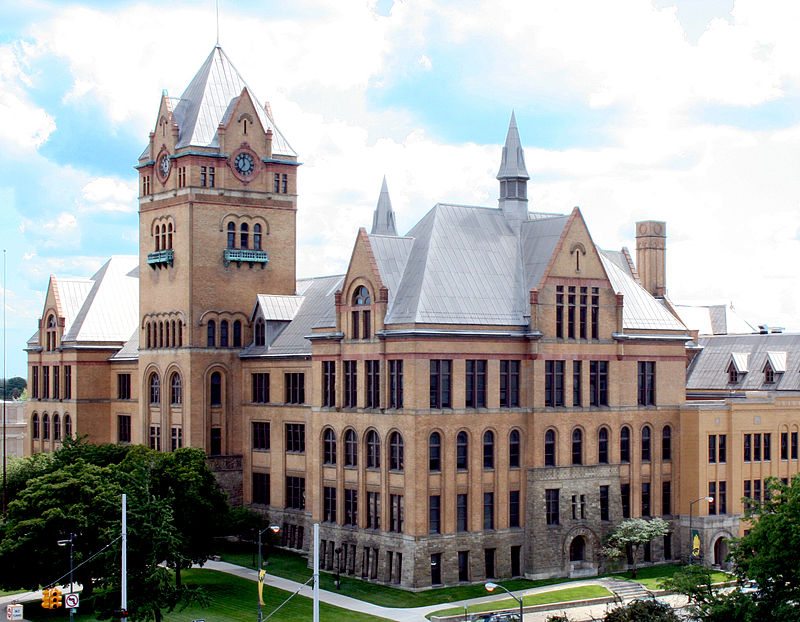
DETROIT, Mich. — Wayne State University has reversed its decision to derecognize InterVarsity Christian Fellowship as a student group because of its requirement that its leaders be Christian.
The reversal comes just two days after InterVarsity sued the school over the revocation of its status, even though the discussion about the matter has been ongoing since last fall.
According to the lawsuit, filed by the religious liberties group Becket, last October, then-group president Cristina Garza received a notice that InterVarsity’s submitted constitution was not able to be approved by the university. The constitution outlines that those of all faiths are permitted to attend meetings, but all leaders must share in the group’s faith and mission, as their responsibilities will include leading Bible study, prayer and worship.
Garza was informed that the requirement violated Wayne State’s non-discrimination policy, which prohibits discrimination based on “race, color, sex (including gender identity), national origin, religion, age, sexual orientation, familial status, marital status, height, weight, disability, or veteran status.”
University officials consequently derecognized InterVarsity Christian Fellowship as a campus group, leaving its members unable to freely reserve space to meet on campus, apply for funding or use an online portal to post announcements. The group has been consequently paying out of its own pocket to rent meeting space.
National President Tom Lin then wrote to Wayne State University officials, seeking a resolution to the problem. However, he was informed that an agreement could take a number of months and that there was no rush to settle the matter.
As a result, InterVarsity had to pay for a table at WinterFest and was placed on a different floor than recognized student groups—and in a location that was reportedly far from the entrance doors.
The group consequently decided to take action and now is concerned that such punishments could spread to other schools in the state. It sued Wayne State University on Tuesday, seeking an injunction and contending that the university’s actions were selective, and therefore, in themselves discriminatory.
Read InterVarsity’s lawsuit against Wayne State here.
Becket notes that the hundreds of student groups at Wayne State University are allowed to select their leaders in accordance with their purpose and mission.
“The Secular Student Alliance can require leaders to be secularists, Students for Life can require its members to be pro-life, and more than a dozen fraternities and sororities can limit membership to one sex,” it noted in a case summary this week.
“These requirements are normal and acceptable, yet the school blatantly discriminates against InterVarsity by barring it from having the same ability to select leaders who share and live by its mission. In fact, by specifically targeting religious groups, Wayne State is violating its own policy against religious discrimination—in addition to the First Amendment,” Becket said.
On Thursday, just two days after the lawsuit was filed, Wayne State University decided to reinstate Intervarsity Christian Fellowship’s official recognition as a student group.
“After a review of the situation and communicating with the InterVarsity Christian Fellowship organization, Wayne State has decided to recertify the group as an official student organization,” spokesperson Matt Lockwood told Fox News. “The InterVarsity student group is committed to welcoming and including all students, and the university will not intervene in the group’s leadership selection.”
Becket expressed relief, as well as hopes that the school will return the more than $2,000 InterVarsity had to pay to reserve space for meetings and participate in events.
“It’s good that Wayne State saw the light after it felt the heat,” Senior Council Lori Windham said in a statement. “But after putting these students through the runaround for months, a last-minute change of heart is hardly enough. This kind of official religious discrimination should never happen again. And Wayne State needs to return the thousands of dollars it charged the student group.”
Become a Christian News Network Supporter...


